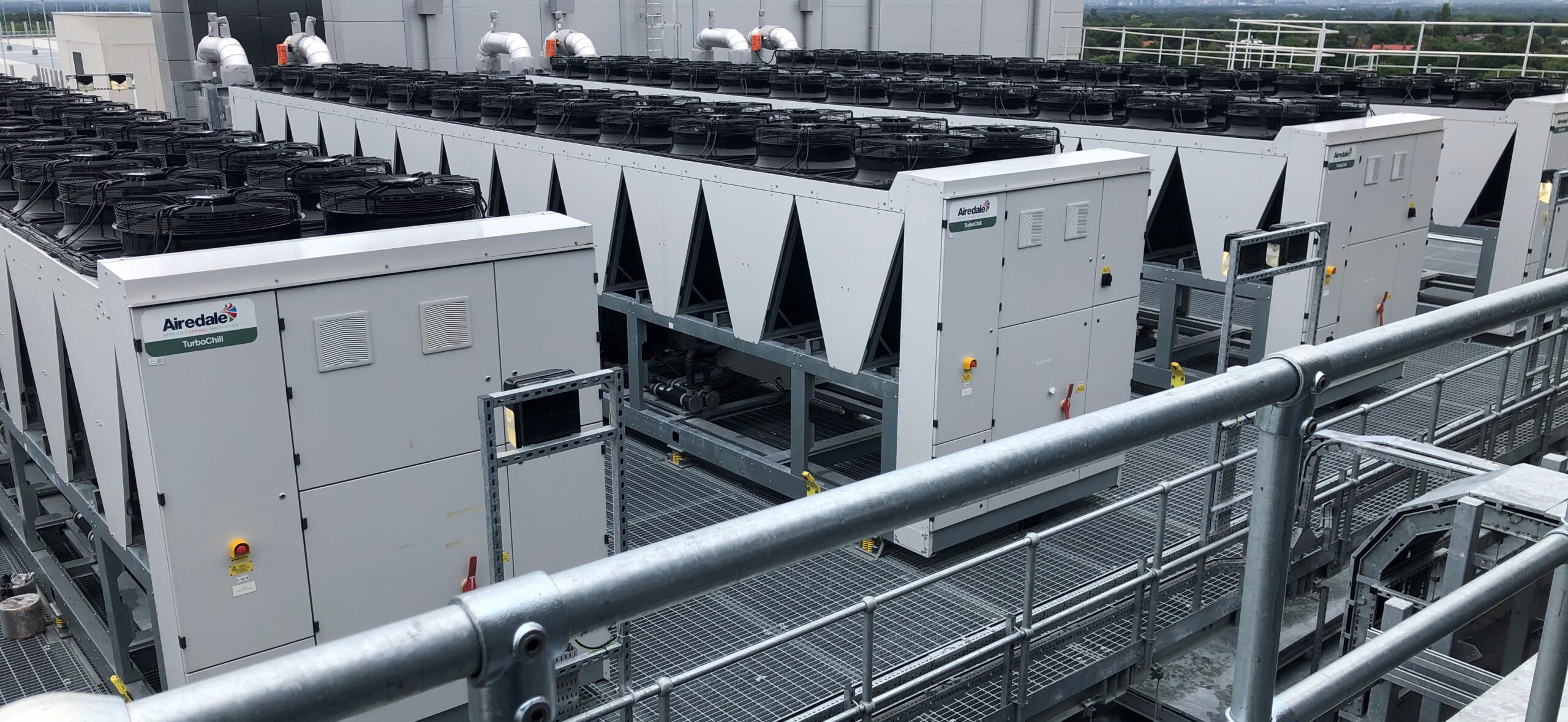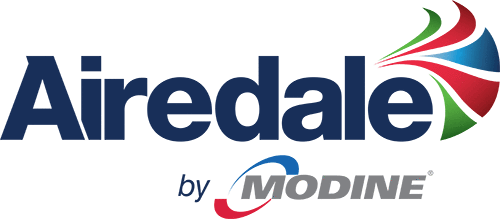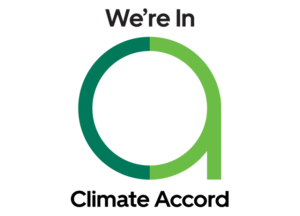Covid Winter Chiller Maintenance Tips

With the weather forecast to turn much colder this weekend, at the same time as many people return to their places of work as lockdown restrictions ease, our attention turns towards crucial winter service and maintenance checks of HVAC equipment.
It is well documented that HVAC plays a role in reducing the risk of transmission of Covid-19 within shared work and leisure spaces, public buildings and other populated indoor areas. Ventilation won’t stop transmission, but research suggests that it plays a significant part in reducing the risks of airborne particles spreading the virus. Our sister company, AHU specialists Barkell, have produced a white paper which brings together the key points around how ventilation can assist with keeping the workplace or play space safe which you can download here.
Of course, all these Covid safe measures are only worthwhile if the HVAC equipment is working to its full potential. With such emphasis on ventilation right now, it is more important than ever that HVAC equipment remains not just operational, but is effective, and does the job it is meant to do.
Cold weather typically creates added pressures on outdoor equipment; it can bring on-going issues to the forefront and be the cause of breakdowns as equipment is put through its paces. The stress of having to find someone to carry out emergency, out-of-hours repairs can in the most part be avoided by carrying out planned, preventative maintenance, particularly on equipment at the mercy of the elements, like chillers.
Having worked in the air conditioning industry for over 30 years, our UK Service Manager Adrian Trevelyan reckons to have seen every emergency breakdown possible… and many of them at midnight, usually in the rain! In an effort to help reduce the pressure and panic of such breakdowns – particularly throughout this pandemic when staffing levels are lower and site visits need more planning – Adrian has compiled six key preventative chiller maintenance tips. These tips cover some of the common issues and when implemented, will not only serve to maximise the efficiency of your unit, but also reduce the risk of downtime and improve the longevity of your chiller.
Maintain glycol levels
Once temperatures drop below zero, the water in chilled water systems can freeze and potentially cause thousands of pounds worth of damage. Ethylene glycol is the most common chemical used to combat freezing in chillers. The amount of glycol you need in your system should be specified in the documentation issued with the unit; these levels should be checked and maintained on a regular basis during the cold snap.
Clean coils
Did you know free cooling chiller coils and condenser fans work harder during the coldest spells? With exposure to the harsh winter conditions; a chiller coil or heat exchanger attracts mould, dirt, pollutants and other airborne contaminants. This build-up accumulates gradually, but over time, a dirty coil can reduce airflow drastically. For each 10% reduction in airflow, the efficiency of the chiller drops about 5%. By keeping the coils clean even just by simply brushing away the winter debris can improve energy efficiency.
A 10% reduction in airflow can result in the efficiency of the chiller dropping by 5%
Check trace heating
Trace heating is used in chillers to protect pipes from freezing, visually checking the trace heating tape for any damage or corrosion, including connections, will ensure there’s no failure and risk of the pipes freezing. If insulation does get damaged, faults to earth can be an issue. Check the MCB’s have not tripped. When doing any electrical checks you must ensure this is carried out by a suitably qualified engineer with the correct test equipment.
Unblock strainers
Scale, corrosion, biofilm, weld slag, dirt, iron oxides, and suspended solids can cause serious operational problems when trapped in strainers. Blocked strainers will cause pipe blockages, failed pumps and then potential freeze issues. Prevent this harmful clogging by cleaning the strainers regularly.
Look out for pipe fractures
HVAC piping encompasses many different fluids, pressures, and temperatures. As mentioned previously if piping is damaged or fractured as a result of changes to weather conditions and low glycol levels, piping can burst and cause unwanted leaks. Give your system a frequent winter health check and spot those pipe fractures and take remedial action before it’s too late.
Create a contingency plan
All businesses are vulnerable to unforeseen incidents that can stop or impair normal operations. Chillers are a critical part of any site’s infrastructure and are subject to testing conditions, often being exposed to the elements and running for the majority of the year. A robust maintenance strategy can help to avoid unplanned downtime but should the worst happen, it is important to have a formal contingency plan to ensure the business is not unduly impacted. For total piece of mind, Airedale offer a contingency plan package that encompasses initial survey, identifies suitable equipment with detailed site specific instructions, and is delivered with a guaranteed response time nationwide.
Knowing that you have immediate help on hand, day or night, is reassuring when you are responsible for the cooling systems that are keeping critical infrastructure running 24/7.
HVAC equipment is increasingly critical in society. For data centres, healthcare and pharmaceutical industries it continues to play a vital role. Now as we navigate through this pandemic, ventilation in all buildings has become an important safety measure. Planned maintenance should be part of this, not only to assist in preventing unit breakdowns, but also in helping to improve energy efficiency and enhance system optimisation for improved performance.
Planned maintenance offers many rewards, not least removing the headache of a late night repair. Financial rewards include reduced running costs, quicker payback periods and potentially longer life. Environmental rewards include less carbon emissions and less waste, and societal rewards mean that operational and effective HVAC equipment allow us to go about our daily tasks, knowing that those managing the buildings we are in, are doing all they can to keep us safe from airborne virus transmission.







